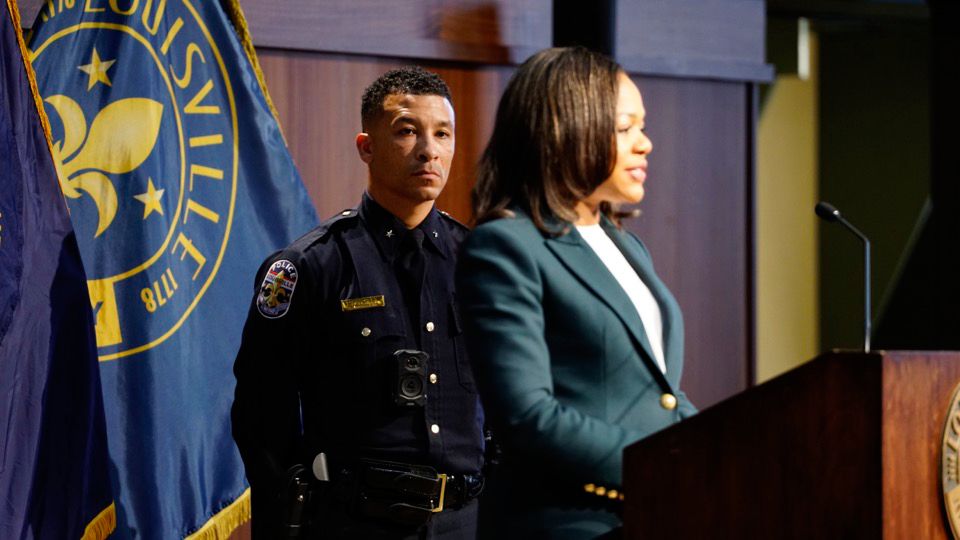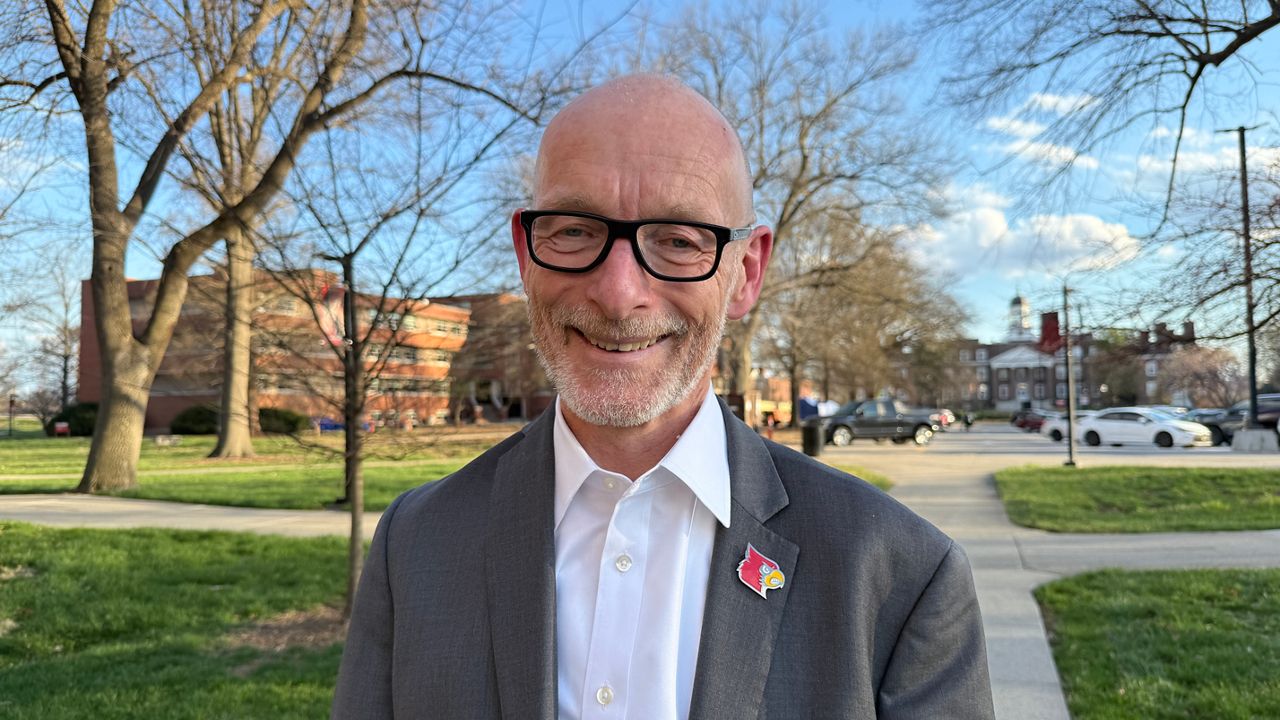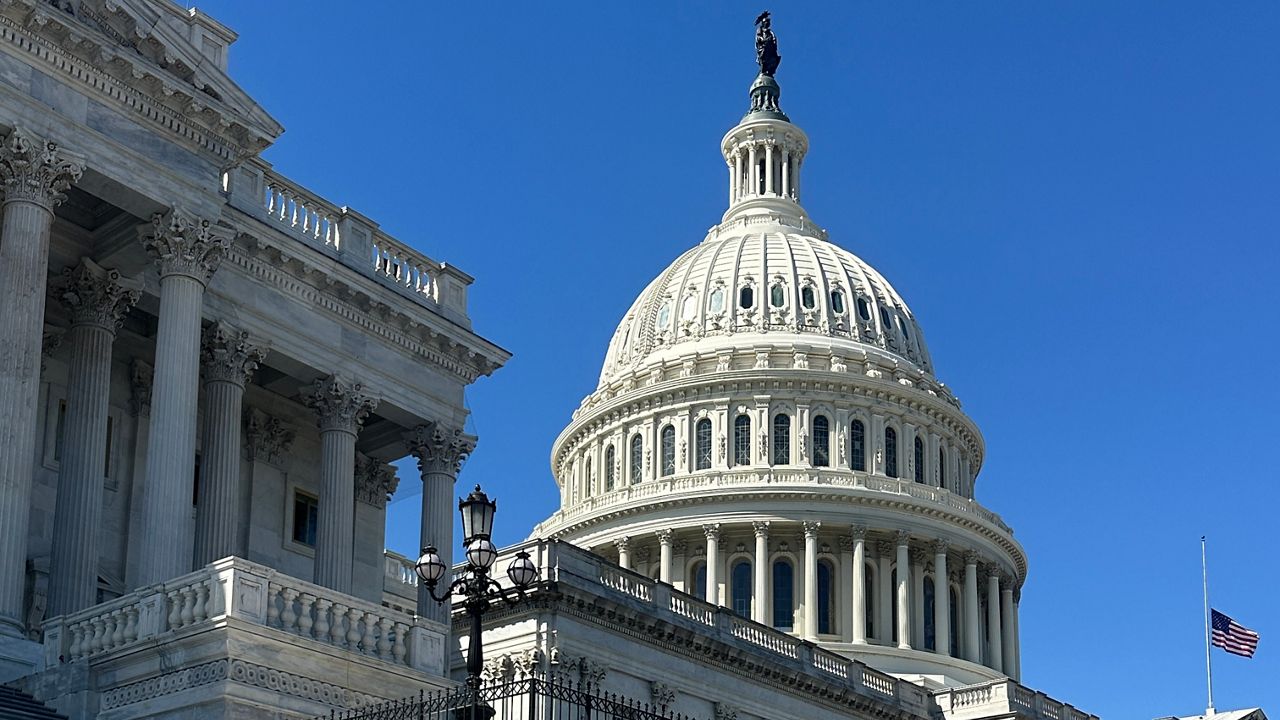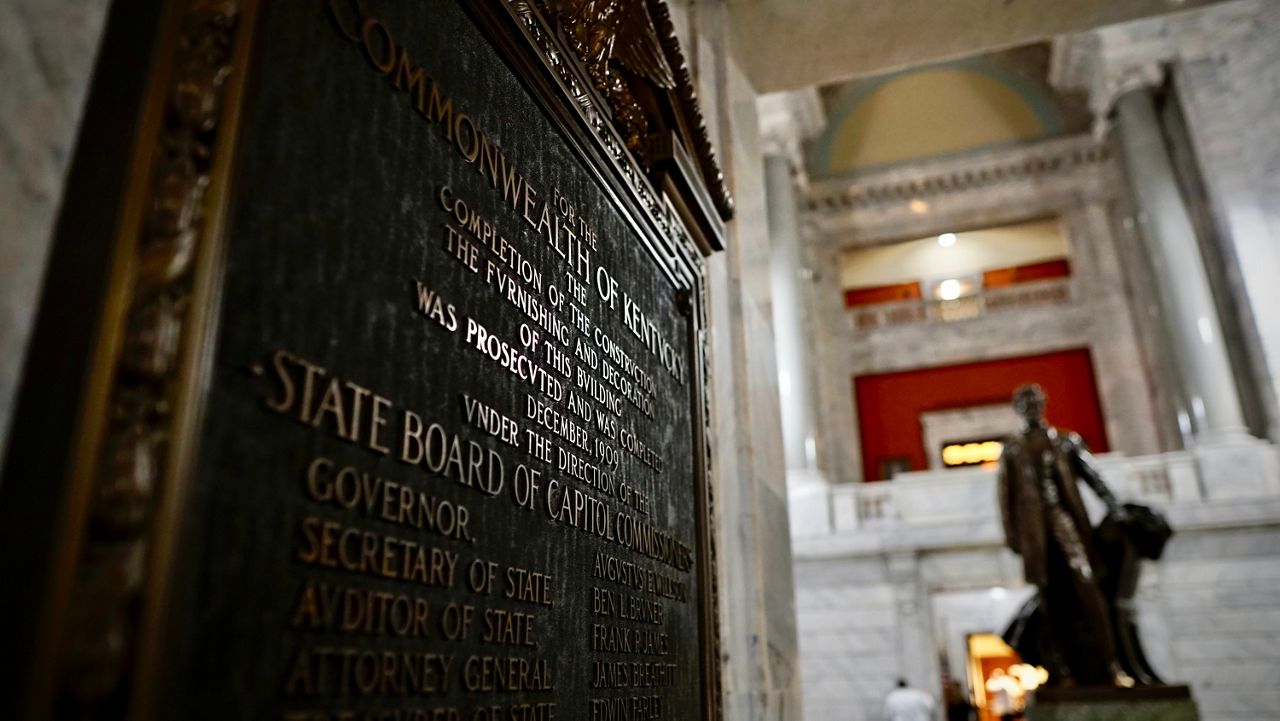LOUISVILLE, Ky. — Louisville Metro Government and the U.S. Department of Justice have agreed on a consent decree after federal officials released a report last year detailing a pattern of racial discrimination by Louisville’s police force.
What You Need To Know
- Mayor Craig Greenberg, D-Louisville, announced Louisville Metro Government and the Department of Justice have agreed on a consent decree
- This comes after federal officials released a report last year detailing a pattern of racial discrimination by Louisville's police force
- The multiyear federal investigation was prompted by the fatal police shooting of Breonna Taylor and the treatment of demonstrators during street protests in 2020
- A consent decree is a legally binding agreement between parties in a lawsuit that resolves a dispute without going to trial
The multiyear federal investigation was prompted by the fatal police shooting of Breonna Taylor and the treatment of demonstrators during street protests in 2020.
A consent decree is a legally binding agreement between parties in a lawsuit that resolves a dispute without going to trial.
Louisville's consent decree must be approved by a judge.
"Nearly five years after Breonna Taylor was shot and killed in her own home in the middle of the night by Louisville Metro Police Department officers, the Justice Department has secured an agreement to enact significant, systemic reforms to policing in Louisville," said Attorney General Merrick B. Garland. "This agreement addresses the serious violations of federal law that we uncovered during our pattern or practice investigation and puts the city of Louisville and its police department on a path to lasting reform."
Mayor Craig Greenberg, D-Louisville, said the “historic content decree will build upon and accelerate, this transformational police reform we have already begun in Louisville.” He noted that “significant improvements” have already been implemented since Taylor’s death in March 2020. That includes a city law banning the use of “no-knock” warrants.

"This historic agreement will build upon and accelerate the transformational police reform that we have already begun here in Louisville," Greenberg said. "This agreement meets the three conditions I insisted upon from the beginning of our negotiations with the Department of Justice."
"First, the agreement had to build upon the significant police reform we began when I took office two years ago. Second, the agreement could not handcuff our police as they work to prevent crime in our city. And third, the agreement had to be financially responsible and set clear terms for how and when it would end. This historic consent decree agreement will ensure our officers are committed to protecting the constitutional rights of our residents while improving public safety and preventing violent crime for our community."
The Justice Department report released in March 2023 said the Louisville police department “discriminates against Black people in its enforcement activities,” uses excessive force and conducts searches based on invalid warrants. It also said the department violates the rights of people engaged in protests.
“This conduct harmed community members and undermined public trust in law enforcement that is essential for public safety,” said Assistant Attorney General Kristen Clarke, who leads the Justice Department’s Civil Rights Division. “This consent decree marks a new day for Louisville.”
Once the consent decree is agreed upon, a federal officer will monitor the progress made by the city.
"I believe that having an independent monitor gives us an opportunity to have the excellence of our work confirmed for the community," said Louisville Metro Police Department Chief Paul Humphrey. "This has to be more than just words on a page. It is a promise to our officers and our professional staff that we are going to lead them and support them the right way without fail. It is a promise to our community that we are responsive to their needs, and we will remain committed to creating an agency that values self-improvement."

Louisville Metro said the consent decree is the result of more than 65 meetings, plus countless phone calls and document reviews equaling thousands of hours logged by members of the Louisville Metro Government negotiating team.
Next steps include posting a Request for Qualification for applicants interested in serving as an independent monitor for the consent decree, Louisville Metro said, ensuring the city is meeting its compliance benchmarks. This will be a public selection process, and applicants will be vetted by the city and DOJ. Community members will get to meet finalists before the decision is made.
The Justice Department under the Biden administration opened 12 civil rights investigations into law enforcement agencies, but this is the first that has reached a consent decree. The Justice Department and the city of Springfield, Massachusetts, announced an agreement in 2022, but the investigation into that police department was opened under President Donald Trump’s first administration.
City officials in Memphis have taken a different approach, pushing against the need for a Justice Department consent decree to enact reforms in light of a federal investigation launched after Tyre Nichols’ killing that found Memphis officers routinely use unwarranted force and disproportionately target Black people. Memphis officials have not ruled eventually agreeing to a consent decree, but have said the city can make changes more effectively without committing to a binding pact.
It remains to be seen what will happen to attempts to reach such agreements between cities and the Justice Department once President-elect Trump returns to the White House. The Justice Department under the first Trump administration curtailed the use of consent decrees, and the Republican president-elect is expected to again radically reshape the department’s priorities around civil rights.
The Associated Press contributed to this story.











